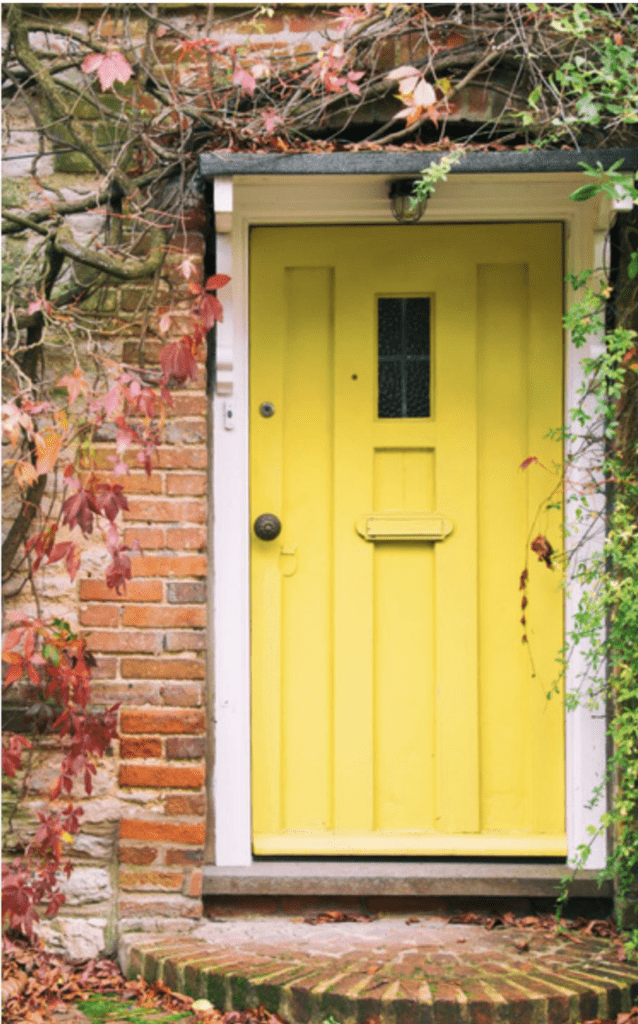In the mini budget announced by the Chancellor in September some changes were made to the thresholds at which Stamp Duty Land Tax (SDLT) becomes payable. These changes now affect all residential purchases.

The first change is increasing the price from which SDLT becomes payable, from £125,000 to £250,000. This means that for all property purchases of less than £250,000 there is now no SDLT to pay at all.
The new Stamp Duty Land Tax rates are:

For someone buying a residential property at £450,000, for example, this means that they will now pay £10,000 in SDLT instead of £12,500.
The rates and rules remain different for first-time buyers, companies, overseas buyers and people buying a second or subsequent property, but they will benefit from the changes too.
First-time buyers
For first-time buyers, the news is even better, as no SDLT is payable where the purchase price is up to £425,000 – previously this was only the case up to £300,000. First-time buyers can also now claim First Time Buyer Relief on all purchases of a main residence up to a maximum purchase price of £625,000 (this is up from £500,000). For example, under the old rules a first-time buyer paying £450,000 for their home would pay £7,500 in SDLT; this is now reduced to £1,250.
Higher rate transactions
For individuals buying a second home or buy-to-let property, the new rates are:

A two per cent SDLT surcharge for overseas buyers purchasing residential property in England and Northern Ireland was introduced in 2021. The surcharge applies to non-resident buyers regardless of the type of buyer (e.g. company or individual) subject to a few exceptions.
Where applicable, the surcharge is levied in addition to the three per cent buy-to-let/second homes charge mentioned above, the flat 15 per cent SDLT rate on purchases of dwellings worth more than £500,000 by companies acting as ‘envelopes’ and the existing SDLT rates for home buyers.
Unfortunately, the Chancellor did not take the opportunity to simplify the SDLT rules and reliefs, and so this remains a very complex area of taxation!
To speak to one of Trethowans’ residential property lawyers, you can call their team on 01722 412512



